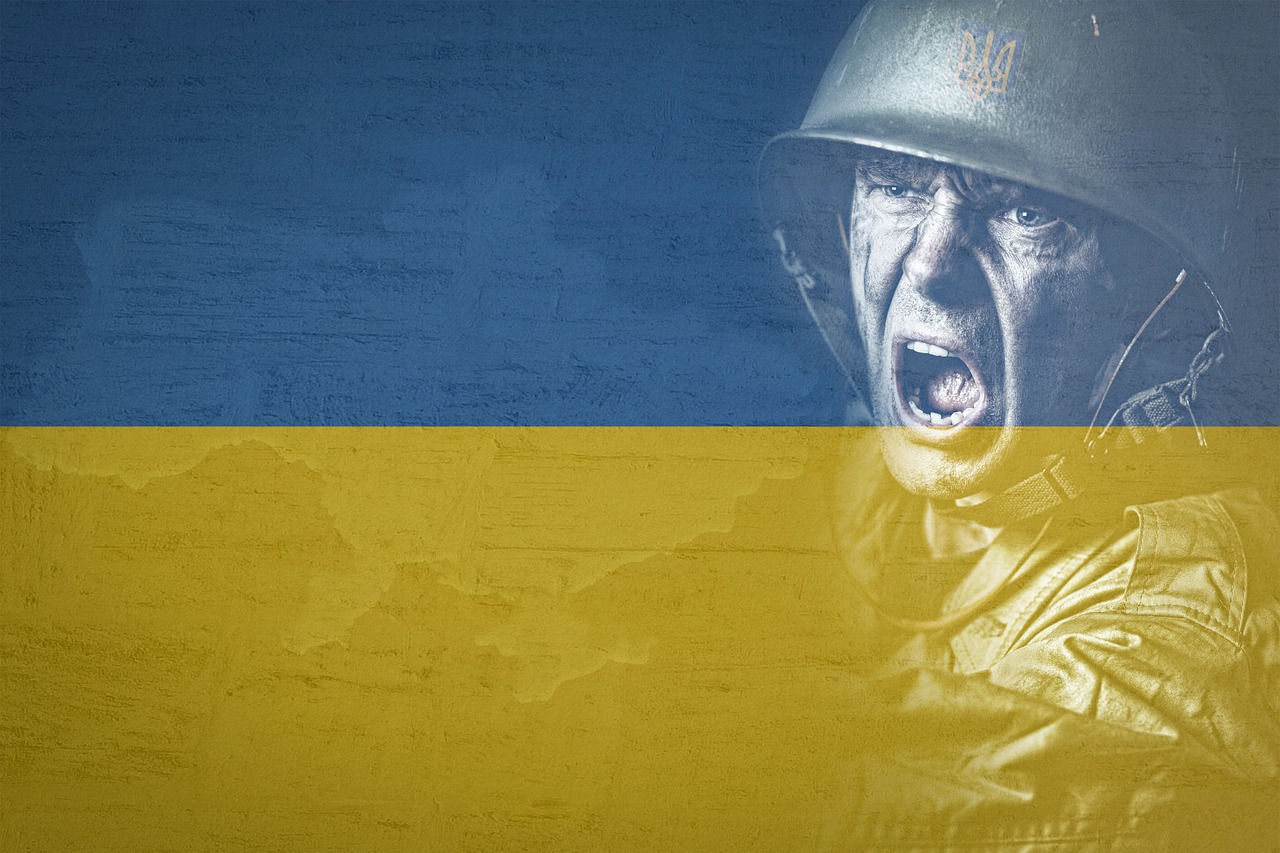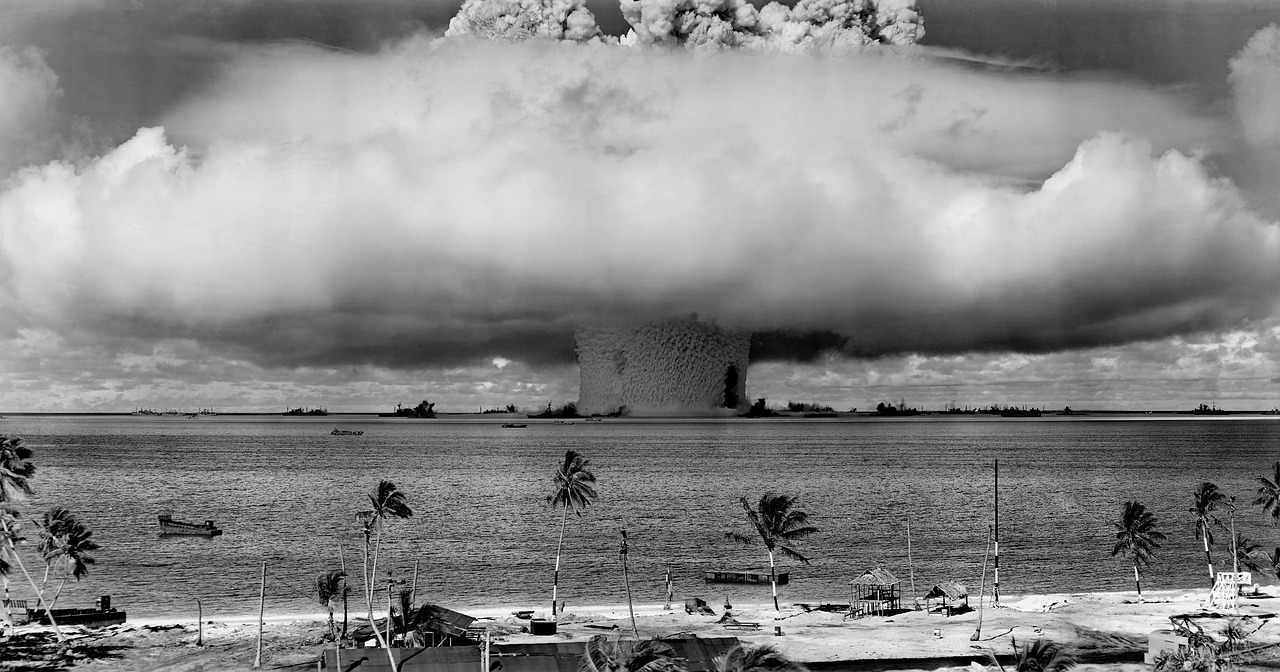Angela Merkel Reflects on Russia, NATO, and Her Legacy
In a recent interview with the BBC, former German Chancellor Angela Merkel articulated her views on pivotal decisions made during her 16-year tenure, particularly regarding Germany’s relationships with Russia and Ukraine. As Europe grapples with the fallout from ongoing conflicts, Merkel’s insights provide a timely reflection on leadership and diplomacy in turbulent times.
Navigating Relationships with Russia
Merkel defended her controversial gas agreements with Russia, asserting that they were designed to support German businesses while fostering peaceful relations with Moscow. She expressed conviction that the war in Ukraine might have escalated sooner had Ukraine been permitted to join NATO in 2008.
Merkel indicated that her decision was rooted in a strategic assessment of Russia’s potential aggression. She maintained that Ukraine was ill-prepared for military conflict at that time, contrasting its readiness in February 2022.
This perspective starkly contrasts with that of Ukrainian President Volodymyr Zelensky, who characterized Merkel’s NATO decision as a significant error that ultimately encouraged Russian expansionism.
The Legacy of Migration Policies
Another critical aspect of Merkel’s legacy involves her handling of the 2015 migrant crisis. By allowing over a million asylum seekers into Germany, she became a polarizing figure—applauded by some as a moral leader but criticized by others for empowering far-right factions like the Alternative for Germany (AfD).
Despite acknowledging the AfD’s rise in popularity, Merkel stood firm in her belief that her actions were necessary and could not be blamed for broader European trends. She emphasized the importance of investing in Africa to mitigate migration pressures but recognized the financial constraints facing European governments today.
Critics argue that Merkel prioritized Germany’s economic interests, particularly its reliance on Russian energy, often at the expense of long-term reforms needed to strengthen both Germany and the EU.
Looking Ahead: A New Era of Challenges
As Europe faces an array of challenges—from economic sluggishness to geopolitical tensions—Merkel’s reflections highlight the complexities leaders must navigate. With upcoming elections and shifting political landscapes across Europe, her insights are particularly relevant.
With increasing apprehension about global dynamics involving powers like China and the United States, Merkel offered advice to current leaders: prioritize clarity in communication and maintain a strong stance against external pressures.
While she has stepped away from political life, Merkel remains engaged with world affairs, providing counsel when sought by contemporary leaders. Despite this involvement, she is clear about one thing—she does not miss the weight of political power.
As Europe continues to grapple with its past decisions and present challenges, the lessons from Merkel’s leadership may offer valuable guidance for navigating future crises.


